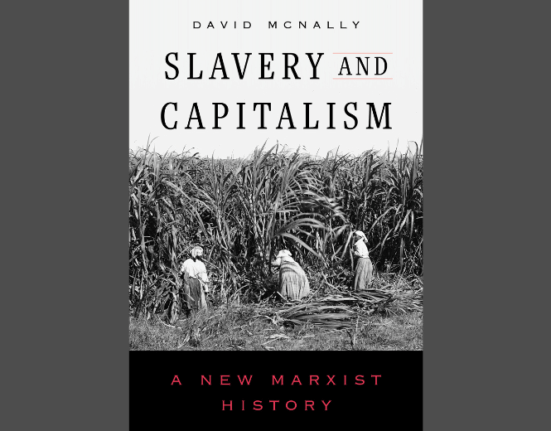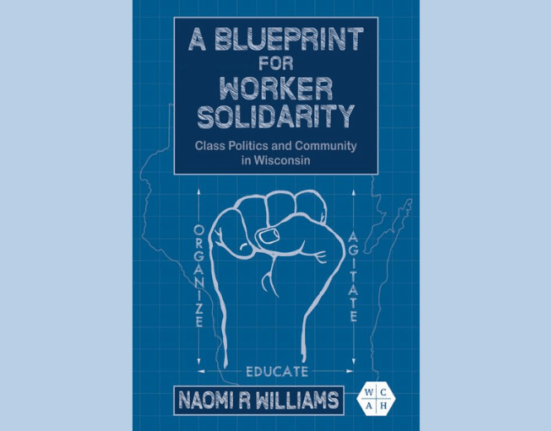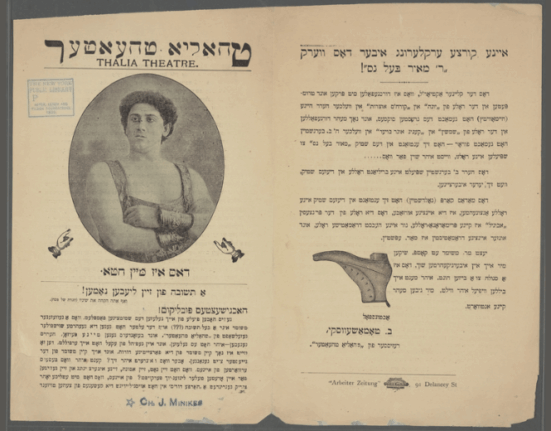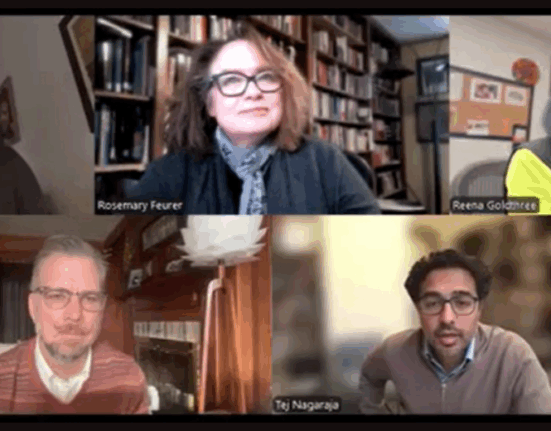The current issue of Civil War History should be of interest to labor historians. Civil War History has generously allowed posting of my introduction, as guest editor, of this September 2024 issue. Last year, there was only one or two sessions at the LAWCHA conference devoted to labor in the nineteenth century. So it is satisfying to showcase some of the work that is being done on this era. Take a look and check out the entire issue on Project Muse or Civil War History website.
Here are the list of essays in the issue:
- Contesting “the Insatiable Maw of Capital”: Mine Workers’ Struggles in the Civil War Era by Rosemary Feurer
- “We Can Take Care of Ourselves Now”Establishing Independent Black Labor and Industry in Postwar Yorktown, Virginia by Rebecca Capobianco Toy
- White Supremacy and Fraud: The “Abolitionist” Work of Henry Frisbie by William Horne
- The Open-Shop Movement and the Long Shadow of Slavery, the Civil War, and Reconstruction by Chad Pearson
- After War and Emancipation, an Irrepressible Conflict -Book Review Essay by Brian Kelly
We asked the issue’s authors for some highlights from their essay. Two have added the following:
Rosemary Feurer writes:
Matt Stanley summarizes my findings well: that the cause of miners for union and Union were intertwined with both worker and employer class formation in this era. I would add that I expand on efforts to drill down on the range of perspectives on the meaning free labor in this era. I have found little to suggest that miners were embedded in a harmony of interests doctrine regarding relations with capital. Instead I pose them as transnational activists, immigrants who drew on longer perspectives and experiences to be a vanguard force. I present new information on the La Salle Black Laws and the origins of the Pinkertons in this era. The essay includes a brief discussion of one of the first labor anthems of the labor movement, Step By Step, derived from the British workers movement and surviving in the miners movement that was built in this era, then revived in the twentieth century, when it was brought to wider numbers of people through Pete Seeger.
Chad Pearson writes:
This article examines the ways that Civil War and Reconstruction Era events and ideas shaped the Progressive Era open-shop movement. Employers and others active in the open-shop movement, including Civil War veterans, found inspiration from Lincoln’s free labor ideology. Some insisted that union activists wanted to impose a new form of slavery in the form of closed shops. At the same time, some prominent southern employers active in the movement, holding membership in the same anti-union organizations as northerners, showed a debt to white supremacist vigilante organizations like the Ku Klux Klan. Employer-activists in the early twentieth century so nothing inconsistent with holding membership in organizations that celebrated Lincoln and KKK terrorism.
Author
-
Matthew E. Stanley is an associate professor of history at the University of Arkansas, where he specializes in race and labor during the Civil War era, as well as Civil War memory. He is the author or editor of four books, including Grand Army of Labor: Workers, Veterans, and the Meaning of the Civil War (Illinois, 2021) and The Ragged Edge of Freedom: Race, Capitalism, and Class Struggle in Slavery's Borderland, forthcoming from Monthly Review Press. In addition to numerous book chapters and academic articles, Stanley has also written extensively for various public-facing outlets, including Slate, Dissent, Counterpunch, and Jacobin.






